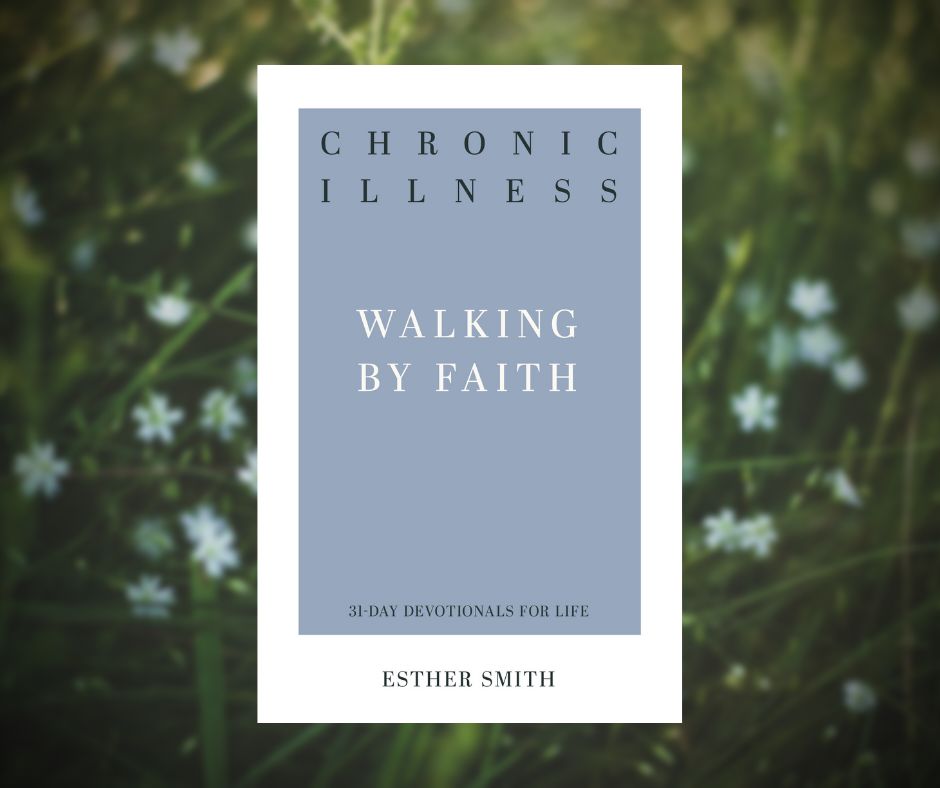Maybe chronic illness has been part of your story since birth. Or perhaps it interrupted your life at what seemed like the worst possible time. Your symptoms could be a minor inconvenience, or they may have devastated all your dreams and plans. No matter your particular circumstances, you have likely grieved and doubted, wondered and questioned. Emotions have overwhelmed you. Fears have enveloped you. The future looms as a frightening unknown. Will you ever get better? What good could possibly come from your pain?
I know you may have struggled to get out of bed this morning. Or maybe you long for just one meal that won’t make your body revolt. You might be exhausted beyond words—weary and ready for bed by mid-afternoon. But after years or decades, just when it seems things will never change, many people find that they do. Sometimes we find solutions that take our symptoms away. Other times, change happens inside us. We change. We grow. We learn better ways to approach being sick.
Learning to live with chronic illness happens through trial and error. We learn as we talk to people who have more years of illness behind them than we do. Most importantly, we learn as we read Scripture and consider what God has to say about physical suffering. And that is what this book is about.
This devotional is divided into four sections that highlight four lessons Scripture has taught me about how to faithfully live with chronic illness. As you continue to read, I hope you are surprised by how much Scripture has to say about chronic illness. I hope you see that Scripture can change what you believe about chronic illness and that this can truly make a difference.
Perhaps the most important lesson I have learned is that chronic illness can take away many things, but it can never take away God’s presence. This doesn’t mean we will always feel God’s presence. It does mean that even when you feel forgotten and alone, God is with you. When you are overwhelmed with sorrow, God invites you to tell him how much it hurts. When life doesn’t offer any answers, God offers you himself. The first lesson is this: Draw near to God, because he is your only certainty.
I have also learned that God invites people who live with chronic illness to make self-care a priority. When you have a chronic illness, taking care of yourself can become all-consuming. You may spend most of each day taking care of your body, managing the emotional and mental toll of your illness, navigating relationships, and maintaining faith during hard times. Spending so much time on self-care can feel selfish or meaningless to some people, but this work is well worth your time. Take care of yourself, because God is glorified when you faithfully care for the body and soul he has given you.
Another lesson I have learned is that God often uses the unique circumstances of people who have chronic illness to further his kingdom. I used to think that my illness was a spiritual liability because it kept me from doing so many things. I now know that physical limitation can become a spiritual asset that leads to dependence on God. Live each day with purpose, using your gifts to serve others, and you will bring encouragement to your soul.
Finally, I have learned the importance of perseverance. I still pray for recovery and hope for better days, but neither of these things are guaranteed. In the meantime, I have learned to keep going, and I hope this book encourages you to keep going, too. Life with chronic illness is hard. The days are long and overwhelming. I know how exhausting and discouraging it is to fall down and pick yourself up over and over again—but you don’t have to do this alone. So keep going. Don’t give up. We are all in this together.
Esther Smith, Chronic Illness: Walking by Faith


Comments